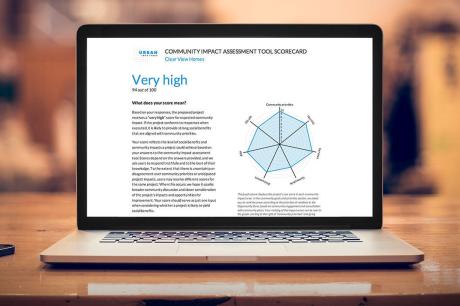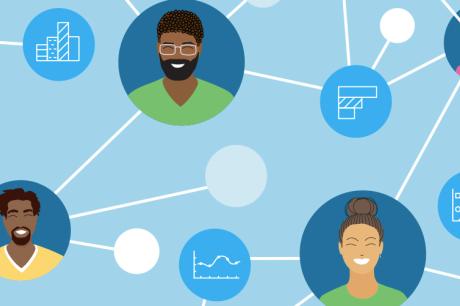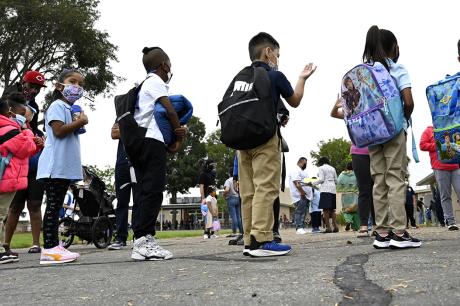Articles and analysis on today's issues

Ensuring federal data and statistical agencies like the Bureau of Labor Statistics remain open, independent, and objective is essential to economic growth and prosperity.
Nonprofit Leadership Is Out of Step with America’s Changing Demographics Leadership in the nonprofit sector has long failed to reflect the rich diversity in the US, which can diminish the sector’s effectiveness and relevance to the communities it serves.How Citizen–to–City Hall Engagement Can Promote an Equitable Recovery As America focuses on building back from the COVID-19 pandemic, a renewed commitment to engaging citizens can help ensure the recovery doesn’t leave anyone behind.Racial Homeownership Rates Vary across the Most Commonly Cited Datasets. When and Why Should You Use Different Ones? Without a common understanding of the differences between data sources, the size of the racial homeownership gap will be unclear, and we can’t begin closing it.How Can Local Leaders Use Data to Promote Equity? Supporting equitable outcomes requires philanthropy, action coalitions, government agencies, and research organizations to center equity in data use.This Fall, the Return to Kindergarten Is More Limited Than We Hoped. What’s Next? New data show some kindergarten-age children are sitting out this year and without flexible supports and a focus on safety, disruptions could stretch on for another year—or more—in the lives of our youngest students.Uneven Recoveries Can Build Long-Term Racial and Ethnic Disparities in Housing With a predominately Black and Hispanic population, Newark, New Jersey, provides a case study of how economic recessions can cause disparate long-term inequities by race and ethnicity.





